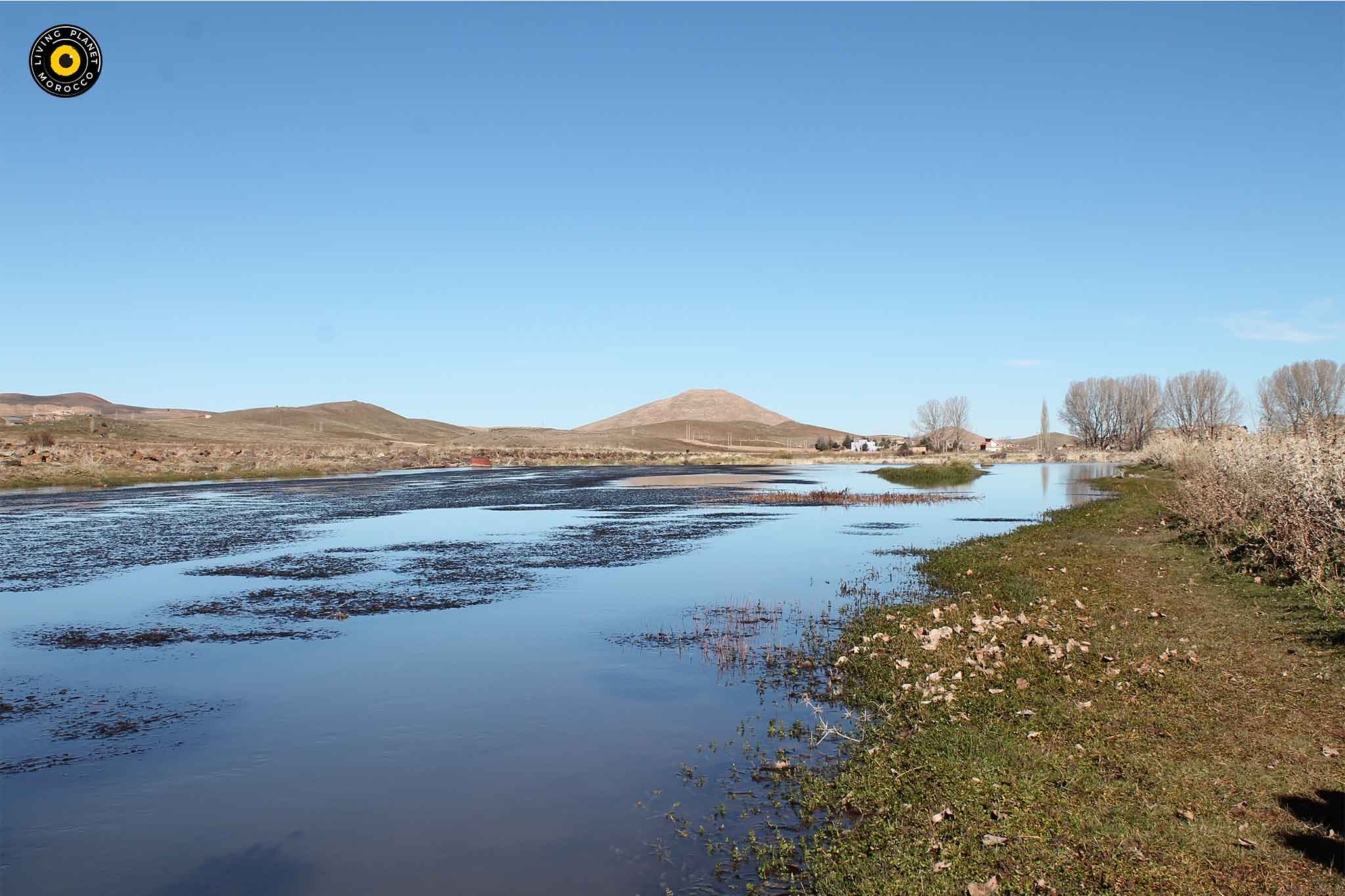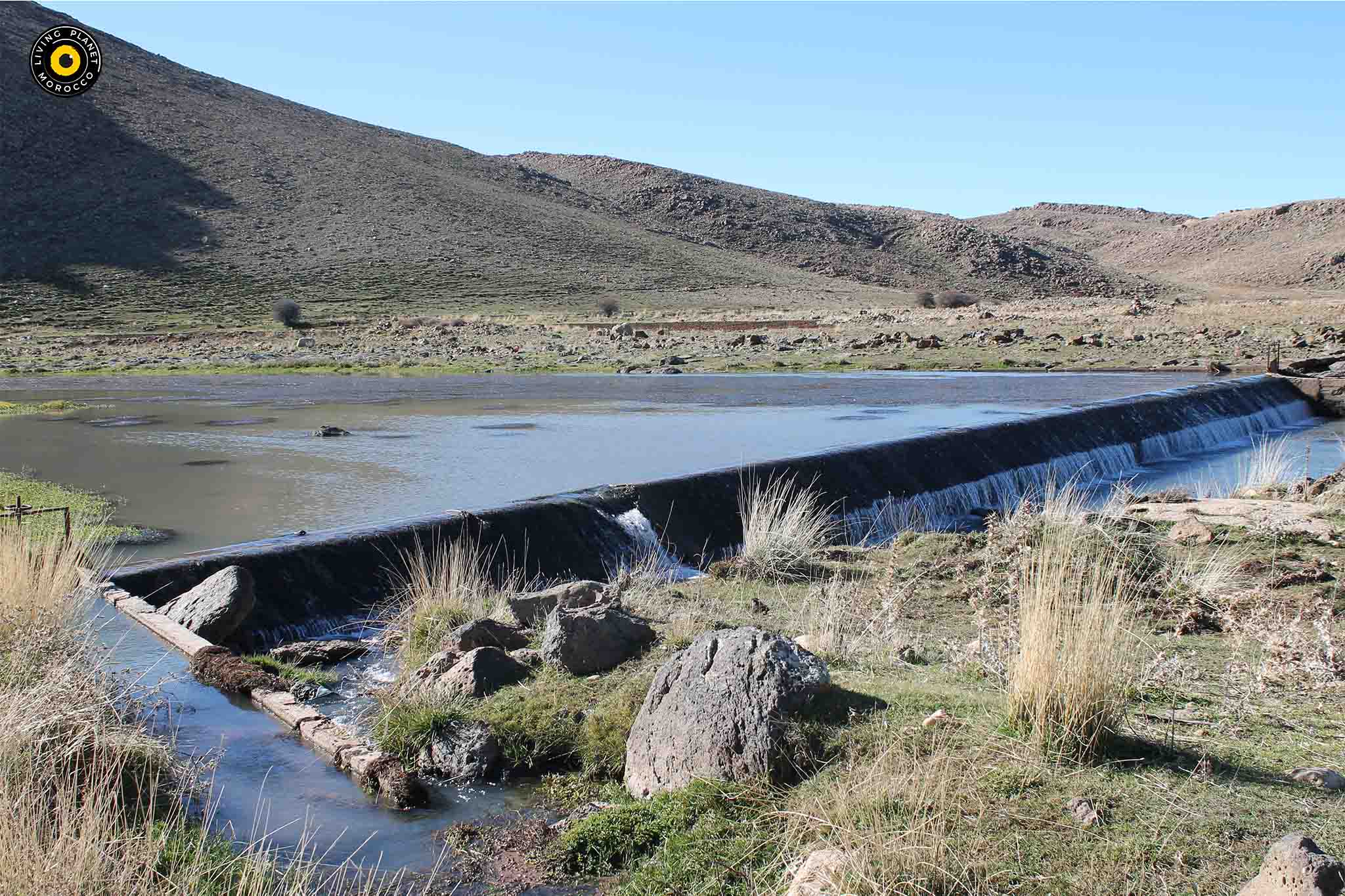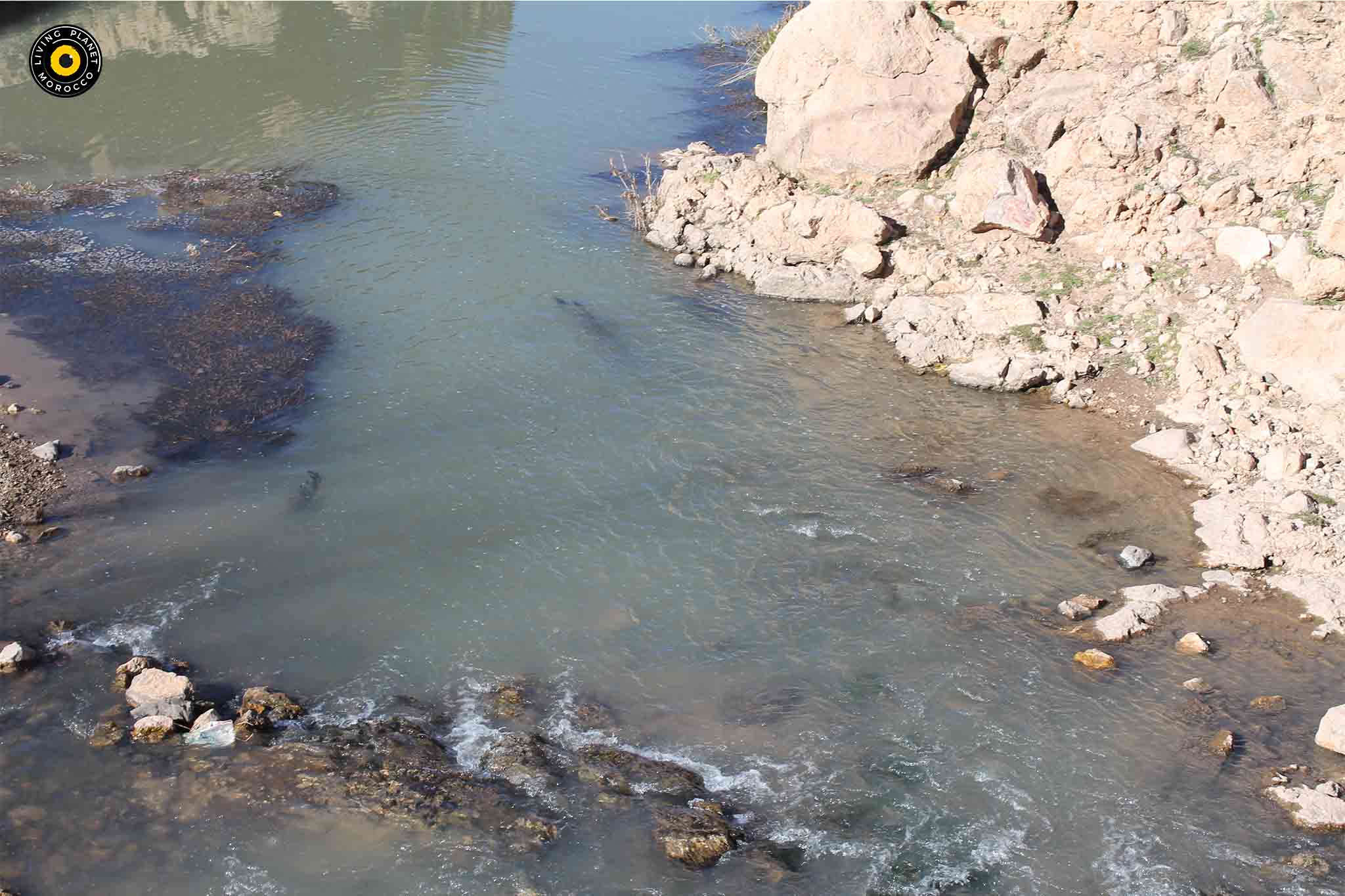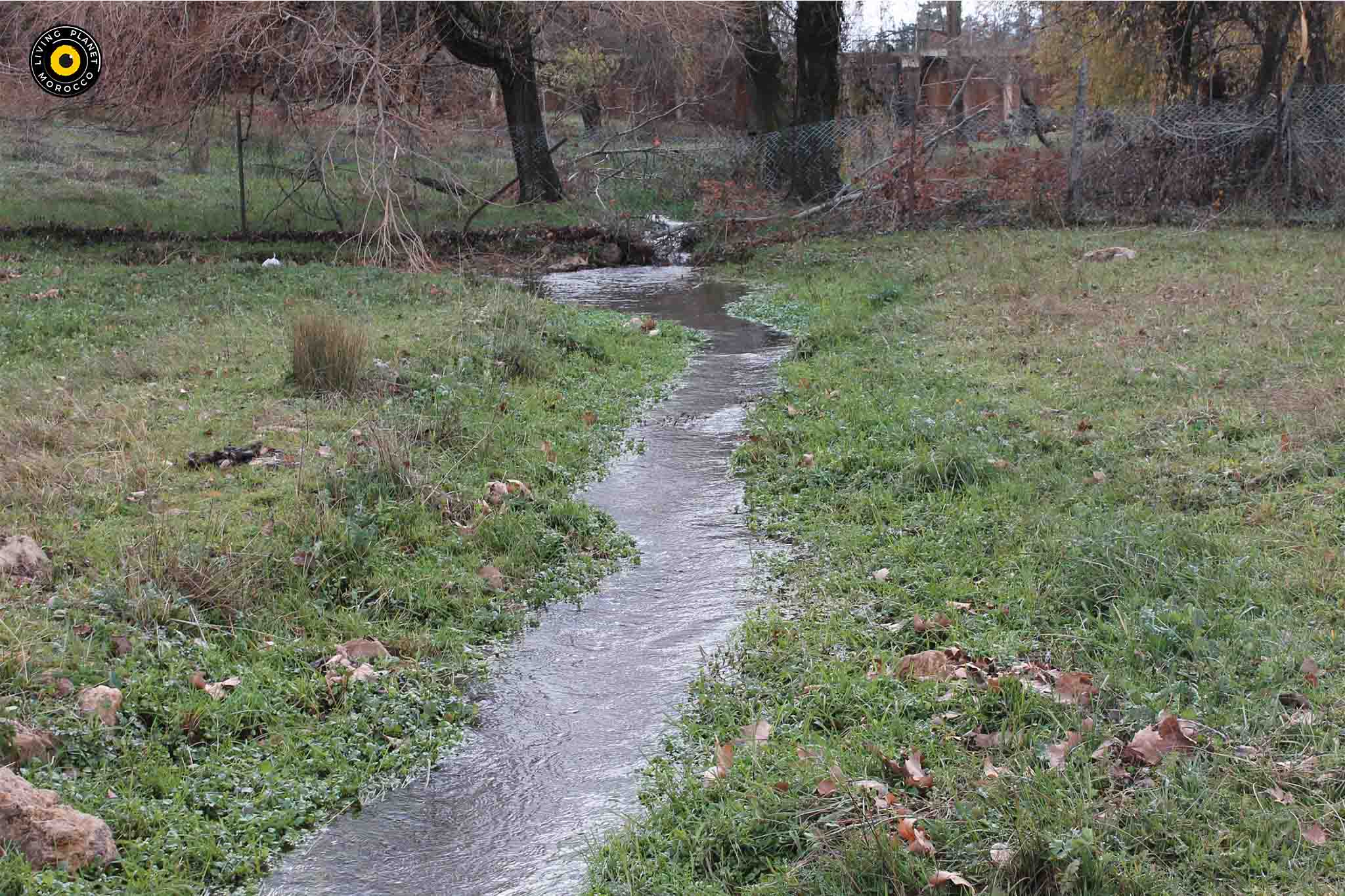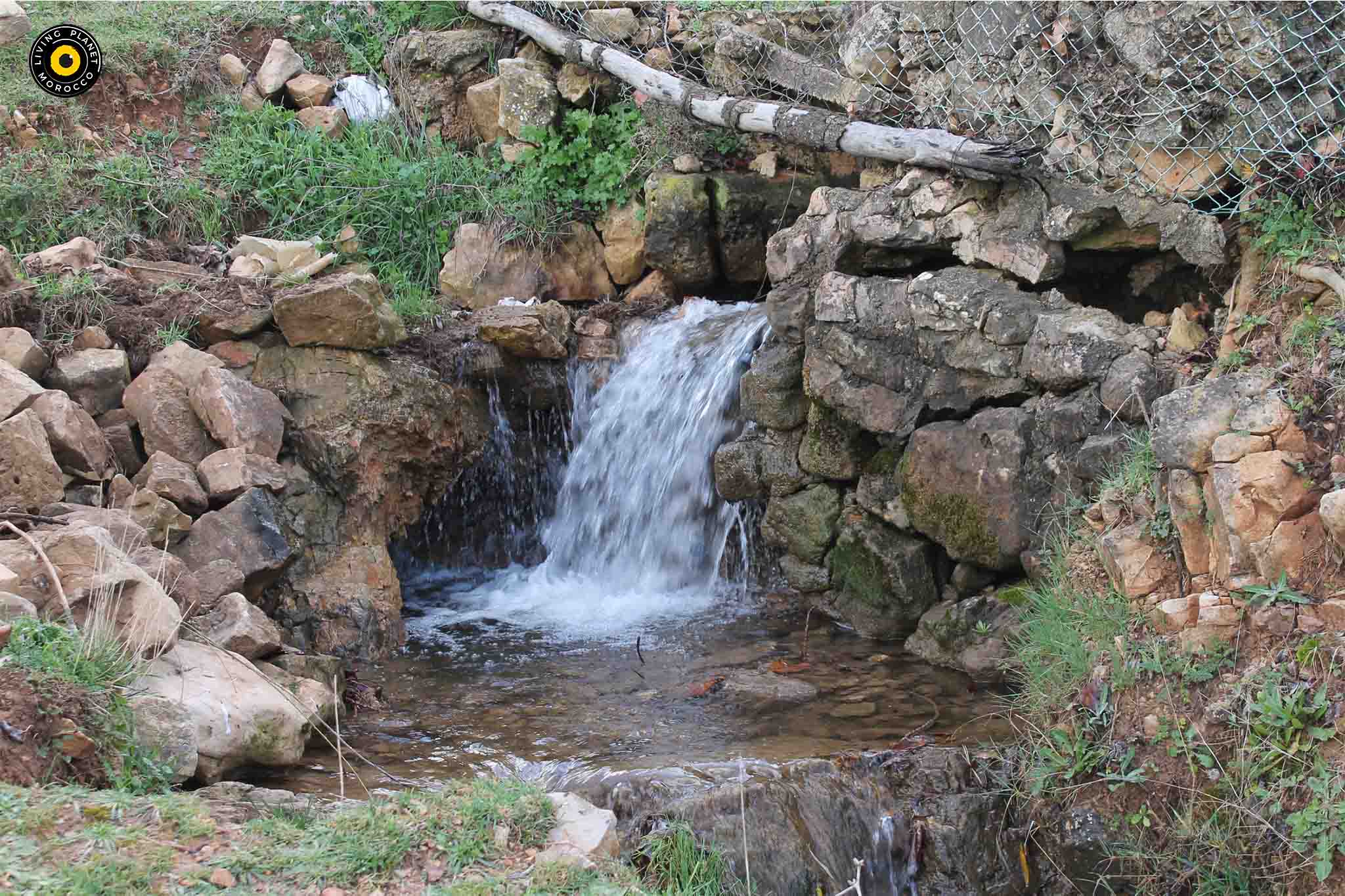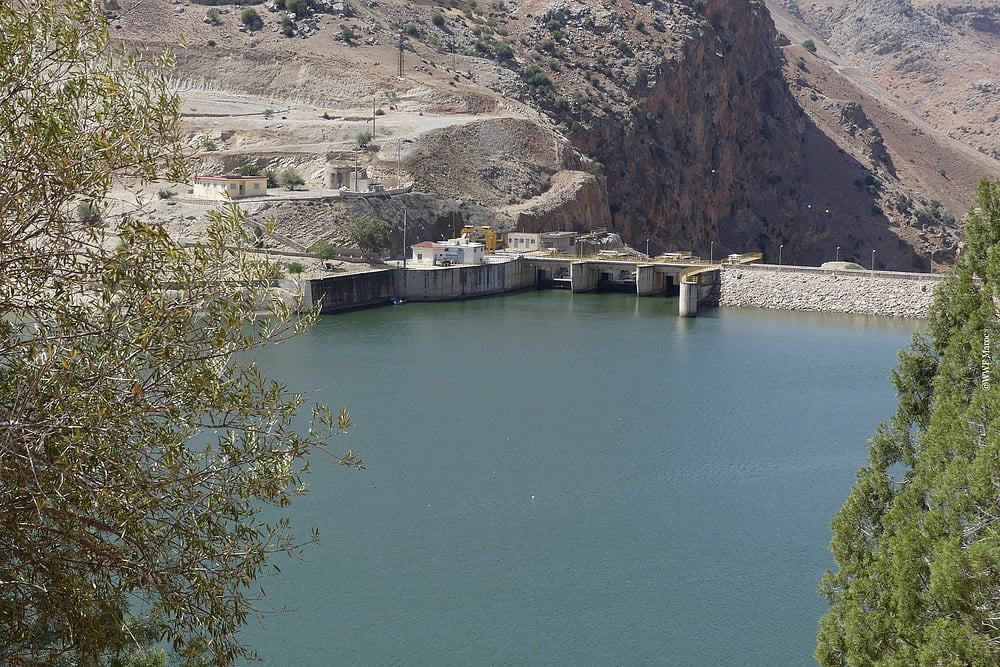Living Planet Morocco (LPM), along with its national and international partners, has embarked on the WAMAN SEBOU project for integrating Ecological Flow into Morocco’s Water Law frameworks and practices. This pioneering step aims to ensure the sustainable management of Morocco’s water resources by incorporating Ecological Flow considerations into the nation’s water legislation and management strategies. This initiative underscores the commitment to sustainable water allocation and ecosystem preservation in Morocco’s water basins. Ecological flow considers the natural watercourse flow before human interventions, such as dam constructions, that could disrupt aquatic ecosystem balances. This vital management tool aims to ensure the survival of species, particularly fish, which complete their life cycles in altered sections of rivers. It’s a strategic effort to maintain sufficient habitat quality and quantity, safeguarding biodiversity and the ecological quality of surface waters. Ecological flow has proven effective globally, with notable implementations in rivers like the Savannah in the USA, the Murray-Darling basin in Australia, and the Yangtze in China. These successes highlight the potential for ecological flow to protect ecosystems while providing social, economic, and cultural benefits to communities.
Recognizing Moroccan biodiversity as a water user is a step toward ensuring sustainable water allocation and preserving freshwater ecosystems. Ecological flow is essential for supporting the biological activities of species, maintaining hydrological regimes closely linked to ecosystem health. The hydrological regime, correlated with physico-chemical characteristics like water temperature and channel morphology, is crucial for ecological integrity. A pilot study conducted by WWF and the Sebou Hydraulic Basin Agency (ABHS) at the Allal El Fassi dam has paved the way. Through faunal, floral, hydrological, and water quality studies, the necessary ecological flow to preserve biodiversity and maintain water quality was determined. The regulatory integration of an ecological flow represents a significant opportunity for the sustainable use of water resources, combating climate change impacts, water scarcity, and the increasing pressure on natural resources in various Moroccan regions.
Various scientific methods have been developed to estimate ecological flows, choosing the appropriate method based on hydrological characteristics, analysis scope, and environmental and economic contexts. The National Guide on Ecological Flow, developed through a partnership between the Directorate of Water Research and Planning, LPM, and its national and international partners (ABHS, WWF, Wetlands International, Tour du Valat, IUCN, and the International Water Management Institute), aims to define the procedures for determining, applying, and maintaining ecological flow downstream of hydraulic structures in Moroccan watercourses.
The establishment of this National Guide is a testament to Morocco’s proactive stance on water resource management, biodiversity conservation, and ecosystem service protection. By embracing ecological flow, Morocco is setting a benchmark for sustainable water management practices that could inspire similar initiatives regionally and globally.
